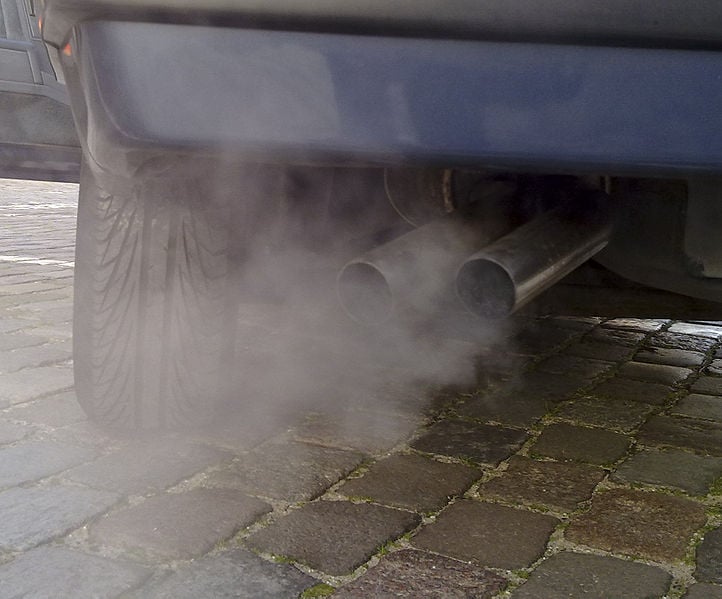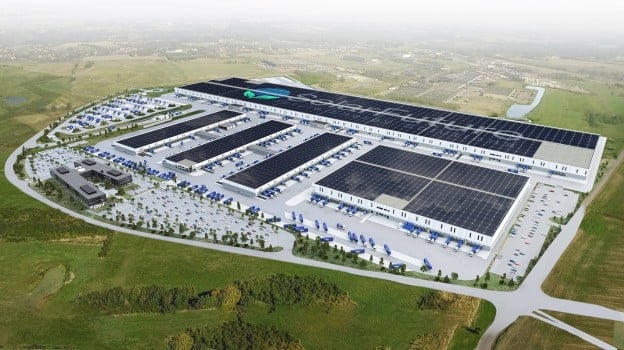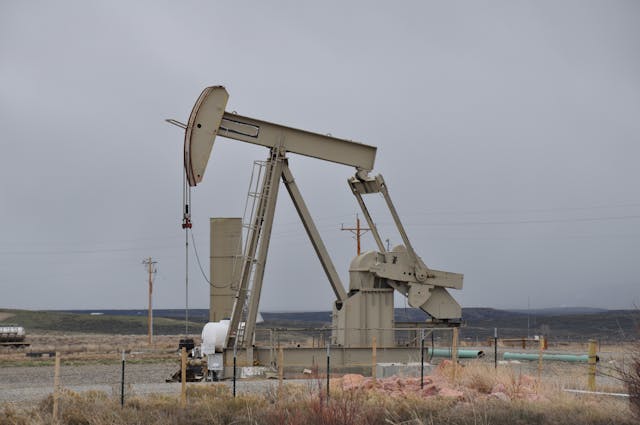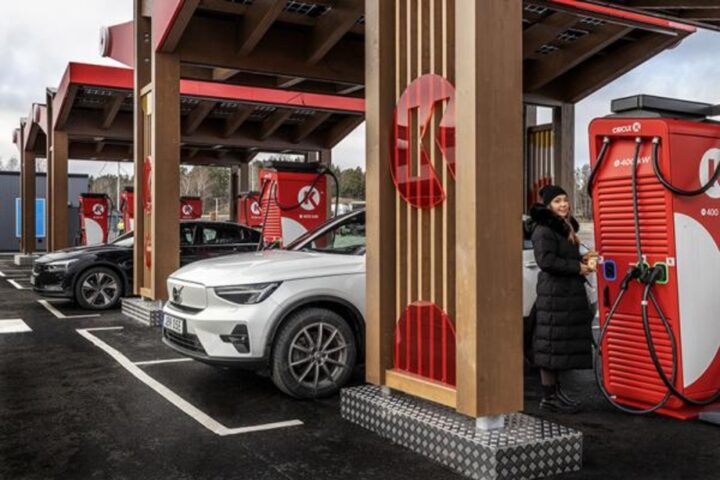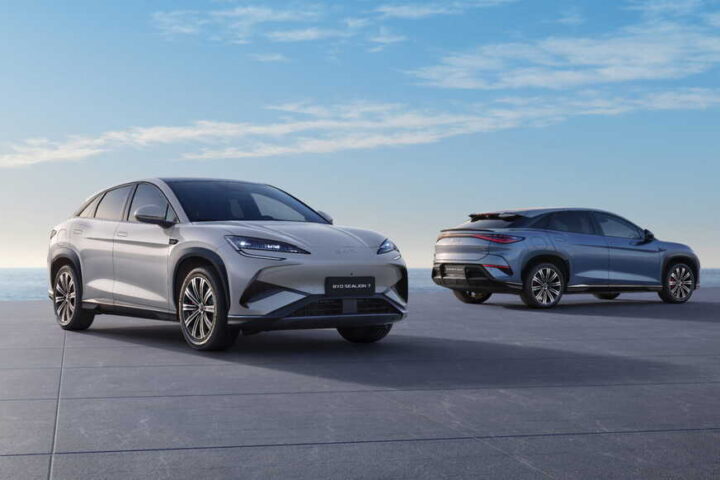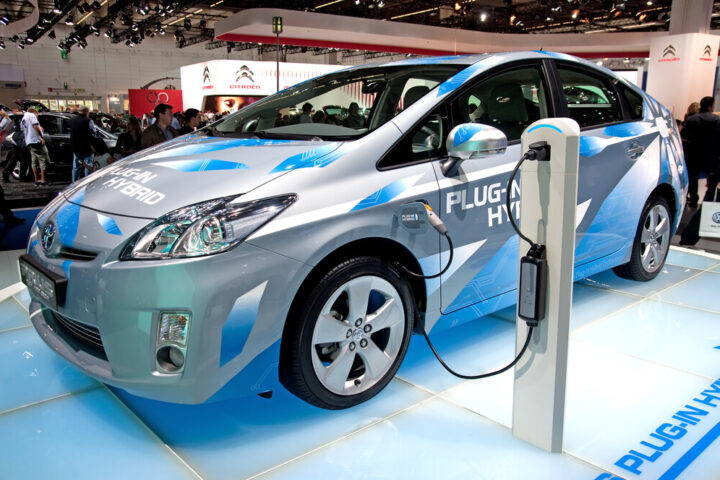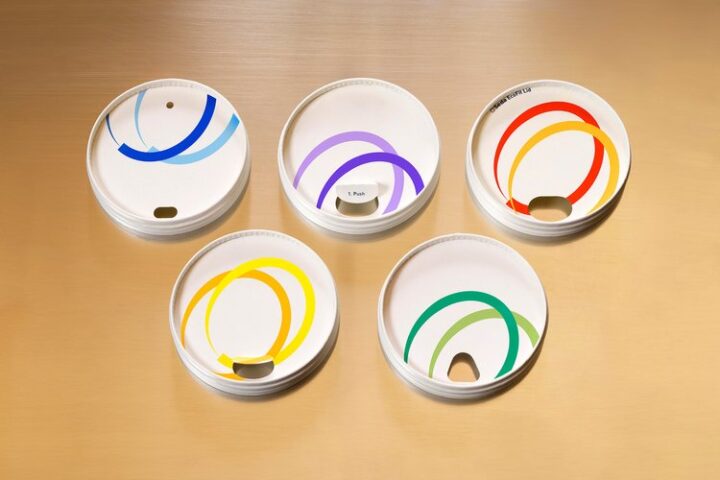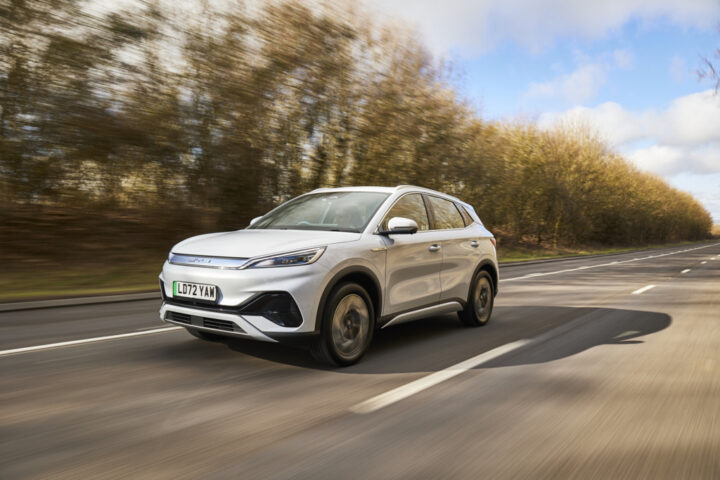The CDU halted an online survey about the EU-wide ban on combustion engines after just a few hours. “This survey has been massively manipulated. Tens of thousands of votes have been cast automatically,” stated on the campaign site on May 25, 2024. According to media reports, 100,000 users had already voted the previous evening, with 84 percent rejecting the demand with a “No.”
The CDU’s campaign for the 2024 European elections is supported by the Bavarian sister party CSU. “The modern combustion engine is a top German technology. It must be able to be developed in an open-technology manner. Clean synthetic fuels play a central role in this,” writes the CDU. They want the plans decided by the SPD, Greens, and Left in the European Parliament, which state that no new combustion engine vehicles may be registered from 2035, must be revoked.
The Union is not only opposing EU Commission President Ursula von der Leyen (CDU) but also other conservative parties. Their joint election program did not have a majority for an end to the combustion engine ban in 2035. Instead, the program states: “As we are moving away from fossil fuels, by developing a roadmap towards a resilient energy system with the phasing out of fossil fuels together with Member States, towards an electrification and automation of our economy, we need enormous amounts of clean energy and to promote energy efficiency.”
By Saturday morning, more than 85 percent of participants had voted against the CDU’s demand to reverse the ban. Participation did not require registration, and voting was anonymous.
Similar Posts
Green Party Chairwoman Ricarda Lang questioned whether the Union was already campaigning against its own top candidate, according to the Süddeutsche Zeitung, a German news daily.. Isabel Cademartori, the SPD parliamentary group’s transport policy spokeswoman in the German parliament, sharply criticized the action. “This entire CDU campaign is backward-looking and embarrassing,” she told the paper.
EU Commission President Ursula von der Leyen recently emphasized that the EU-level decision on the so-called combustion engine ban will be reviewed in 2026. In 2022, the EU agreed that from 2035, no new cars should be registered that run on gasoline or diesel. The aim is to massively reduce the emissions of climate-damaging greenhouse gases. Germany has enshrined in its Climate Protection Act the goal of reducing emissions by 65 percent by 2030 compared to 1990 levels and achieving climate neutrality by 2045.
Even the German Association of the Automotive Industry (VDA) does not support the Union’s demand in its recommendations for the European elections. “The focus is clearly on electromobility, as shown by the investments and innovations of our manufacturers and suppliers,” said VDA President Hildegard Müller. However, the auto industry “continues to strongly advocate for an open approach to technology to achieve climate goals.” Renewable fuels could “make a decisive contribution to defossilize the existing fleet and thus achieving climate goals in the transport sector.”
Recently, BMW CEO Oliver Zipse sharply criticized the EU ban on new gasoline and diesel cars from 2035. He told another German business daily, Handelsblatt, that the mass production of electric cars lacked resources like lithium, cobalt, and rare earth elements. Europe would become dependent on imports and politically vulnerable.
